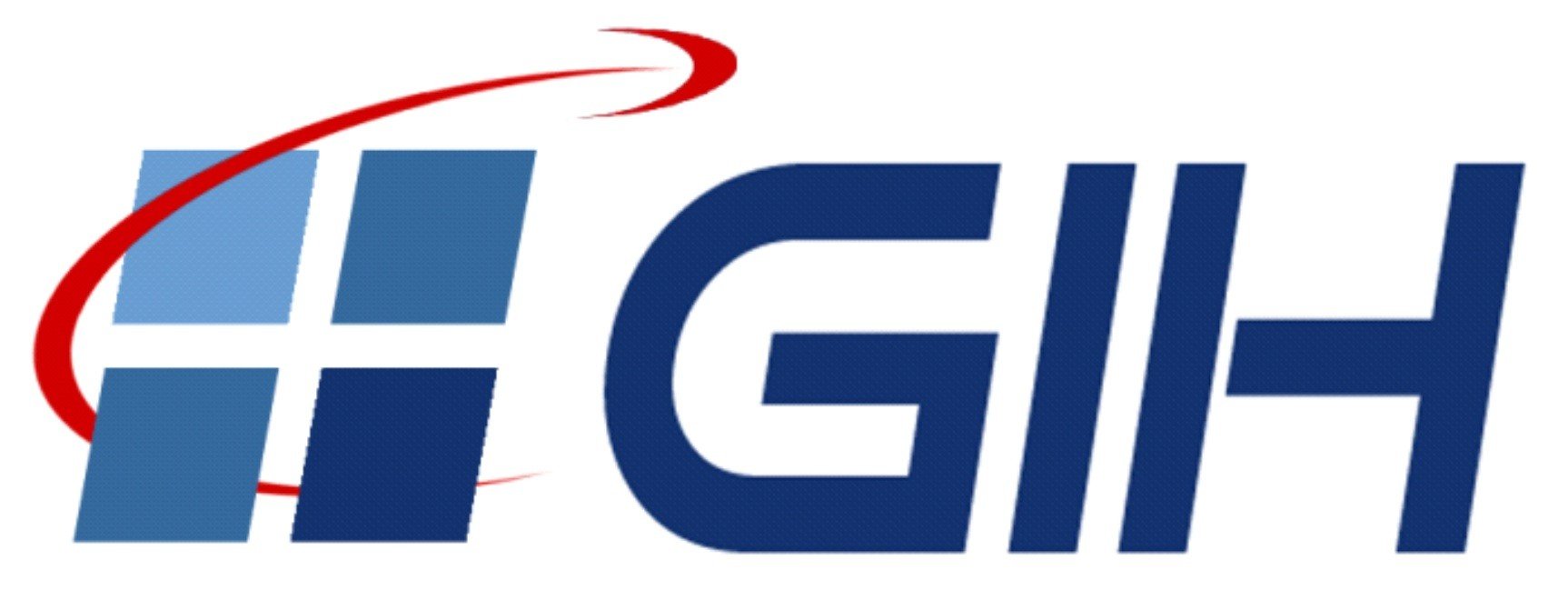Due to the increasing complexity of geodetic measurement processes, a continuous expansion of the mathematical-statistical toolbox is necessary.
The members of the working group deal with the development of mathematical-statistical models, estimation methods and algorithms in order to equalise spatio-temporally related and possibly incomplete data. The data can be characterised by random, systematic, outlier and correlated measurement deviations. The challenge here is the accurate, reliable and efficient estimation of the unknown model parameters as well as the derivation of quality measures regarding the estimation. Such estimations are also developed as expert-based methods in which Bayesian prior information or a priori existing system behaviour of the model parameters to be estimated is integrated. These research foci have found various applications in the fields of engineering geodesy, satellite geodesy and property valuation.
Areas of expertise of the working group
-
Knowledge-based filtering in state space
Optimal and sequential estimation of states based on arbitrary observations in the state space. In addition to linear systems, mainly non-linear systems are also taken into account. The aim is to make the approaches as efficient and robust as possible against outliers. In addition, pre-existing knowledge is to be integrated into the filter algorithm as priori knowledge and thus lead to an improved estimate. The focus is also on methods with which normally distributed system and measurement noise as well as arbitrary and multimodal system and measurement noise can be mastered.
-
Optimisation and quality assurance of geodetic measurement processes
Efficiency is increased by modelling and optimising measurement processes. The modelling of measurement processes with suitable modelling methods and the determination of the necessary level of detail is a focus of the research field. Furthermore, suitable optimisation methods for optimising the efficiency of the respective measurement processes are validated.
-
Bayesian modelling and Monte Carlo method
This research field deals with the adaptation of Bayesian inference, centred on Bayes' theorem, to some geodetic applications. Based on Bayes' theorem, unknown parameters are determined and hypothesis tests for the parameters are tested. The applications are carried out in linear and non-linear models. In addition, robust estimates against outliers and the Bayes filter are derived. As some analytical integrations for parameter estimation, for the definition of uncertainty ranges or for testing hypotheses cannot be derived, numerical methods based on Monte Carlo procedures were developed and applied.
-
Classical and robust parameter estimation and hypothesis testing
In the area of classical parameter estimation, various deterministic trend models are analysed on the one hand, e.g. regression and basis function models (B-splines, polynomials, etc.). On the other hand, the focus is on the realistic modelling of stochastic models in the form of covariance matrices. In the area of hypothesis testing, suitable optimality criteria (e.g. based on uniform best invariance) are developed for various modelling scenarios. If outliers are to be expected in the measurement data, the least squares method is replaced by a robust estimation procedure. For this purpose, we analyse M, R, maximum likelihood, LMS and RANSAC estimators, among others. In addition to outliers, data gaps are also a major problem in parameter estimation. In order to solve this problem, we are investigating robust expection-maximisation algorithms that are able to fill data gaps with stochastic prior information.
-
Spatiotemporal stochastic processes and signal processing
In addition to the typical spatial reference, geodetic measurement series often also have a time reference. This applies in particular to the measurement noise, whose characteristics can often be modelled with the help of stochastic processes. Stochastic processes in the form of autoregressive moving average (ARMA) processes are particularly interesting here, as they are described by relatively few coefficients, which also have direct relationships to the autocovariance function or the power density spectrum. This means that coloured measurement noise in particular can be modelled efficiently and meaningfully both in the time domain and in the spectral domain.
Working group management
30167 Hannover
Members of the working group
Current projects of the working group
-
AutoMap - Development of a robust positioning system for autonomous vehicles based on captured environmental information and GNSS/IMU dataDetermining the exact position of vehicles is not only crucial for autonomous driving, but also for many other applications. However, existing technologies, such as global navigation satellite systems (GNSS) or inertial measurement units (IMU), are reaching their limits due to interference and inaccuracies, especially in urban areas.Led by: Hamza Alkhatib, Sören VogelTeam:Year: 2023Funding: mFUND project | funded by the BMDV (Bundesministerium für Digitales und Verkehr)Duration: 2023-2025
![]()
![]() © GIH
© GIH
-
Uncertainty Modeling for Kinematic LiDAR-based Multi-Sensor SystemsGoal of this PhD project is to investigate methods to enable a consistent estimation of uncertainties for LiDAR-based MSSs, while dealing with the challenges caused by the uncertainties of individual sensors and their interactions in the system.Led by: Prof. Dr.-Ing. Ingo NeumannTeam:Year: 2022Funding: DFG - GRK 2159 i.c.sensDuration: 11/2022 - 11/2025
![]()
![]() © GIH | Dominik Ernst
© GIH | Dominik Ernst
-
Development of a collaborative robust Particle Filter for State Estimation with Stochastic and Quantity-based Uncertainties in Sensor NetworksPrecise vehicle localization is a critical requirement for autonomous driving, especially in urban settings where GNSS signals often fail. To address this challenge, an advanced Particle Filter framework estimates vehicle pose by fusing 3D LiDAR data with complementary sensor inputs. The primary motivation is to achieve low-decimetre localisation accuracy despite the complexities of urban environments.Led by: PD Dr.-Ing. Hamza AlkahtibTeam:Year: 2022Funding: DFG - GRK 2159 i.c.sensDuration: 11/2022 - 11/2025
![]()
![]()















